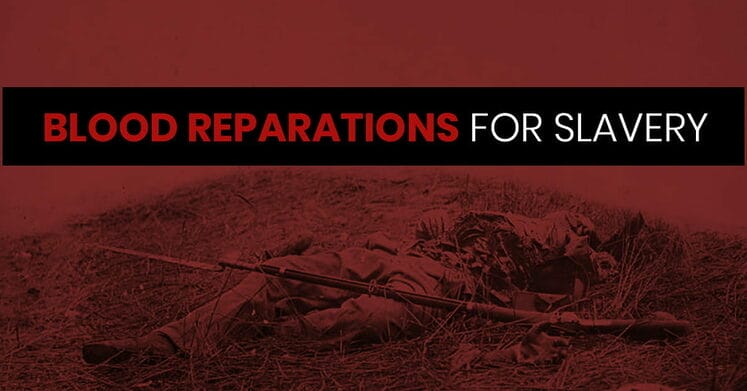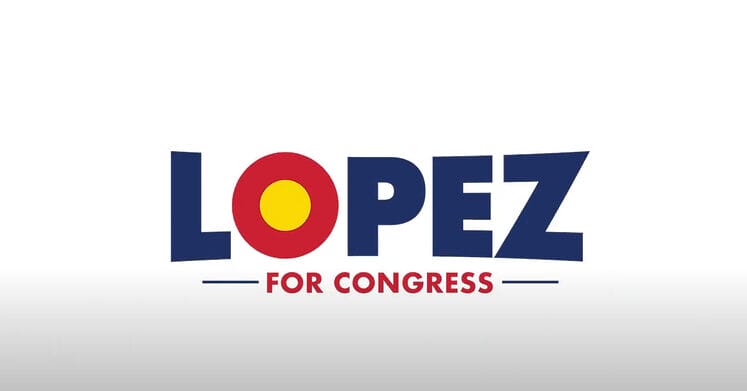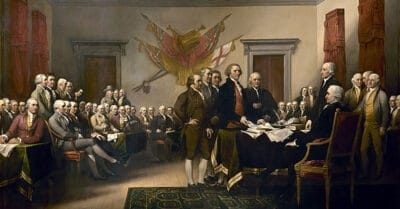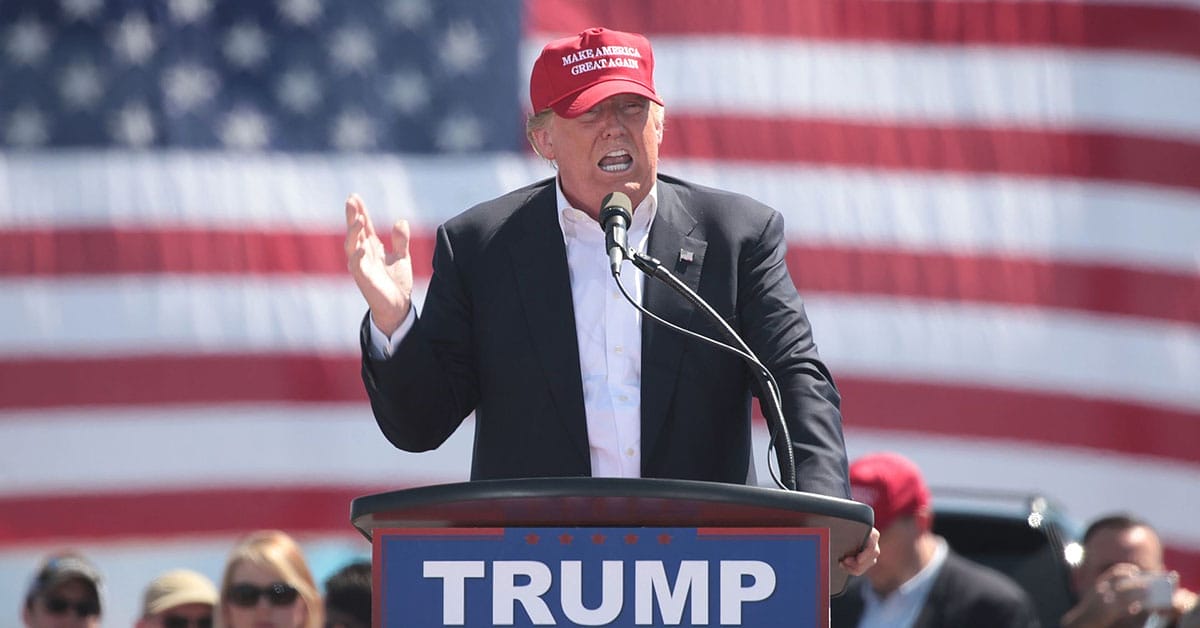Members of Congress are once again discussing reparations for slavery. Many of them display little understanding of the history of slavery in general or what the Americans did to solve that problem, in particular, and at what price.
SOME PERSPECTIVE
The most remarkable fact about the American Founding is not that slavery existed among the revolutionary people who justified their own independence in 1776 with the idea that “all men are created equal.”
The most remarkable fact about the American Founding—the most curious, the most interesting, the most breathtakingly beautiful fact about the American Founding—is that as they justified their own independence with the idea that “all men are created equal,” slavery became a problem for the revolutionary, freedom-lovers in the new United States of America.
And it became not merely a problem. Slavery became the problem, so great that within two generations after 1776, Americans would put an end to that terrible institution at tremendous, unprecedented cost in money, sweat, tears, and blood, as brothers and cousins and friends shot at one another across cornfields turned into battlefields.
They had no obligation to do all that. No one before them ever had, after all.
The people of a newly-formed sovereign nation risked everything and lost much in their effort to get rid of a vile, deeply immoral human practice that they did not create, that stretched around the Earth and back in time through thousands of years. Nothing like that had ever happened before. The United States, from the moment of independence to the abolition of legalized slavery, represents the greatest anti-slavery movement in all of human history.
WHAT IT MEANS FOR US, THE LIVING
If you, the reader, know nothing more about the American experiment in self-government other than this one fact—that Americans declared independence upon the universal idea of natural human equality and then eliminated legalized slavery at great cost because of that idea—that should be enough to say to early Americans: “Good job.” Perhaps even, “Thank you.”
If you happen to be a United States citizen reading this, it’s an important reason for you to feel proud of your country. That is not to say you should be naïve and assume everything about your country is good. It’s not. The United States has committed injustices, adopted bad policies, and been guided by unwise choices.
Still, don’t make the opposite mistake and assume that your country is all bad. It’s not all bad, either.
Just know that as a United States citizen, your country was the first to be founded upon the universal idea of natural human equality and then to abolish legalized slavery within little more than four score and seven years, to borrow Lincoln’s famous dating at the cemetery in Gettysburg, Pennsylvania. That’s the subject of this week’s podcast from Speakeasy Ideas.









Responses